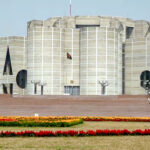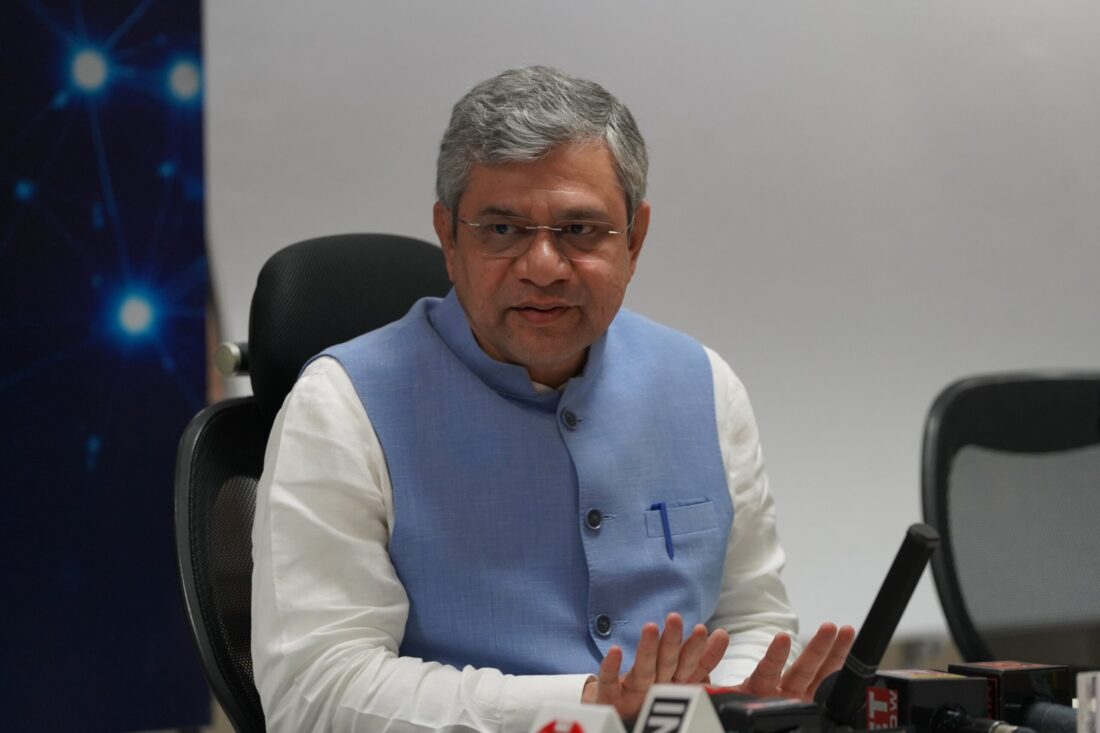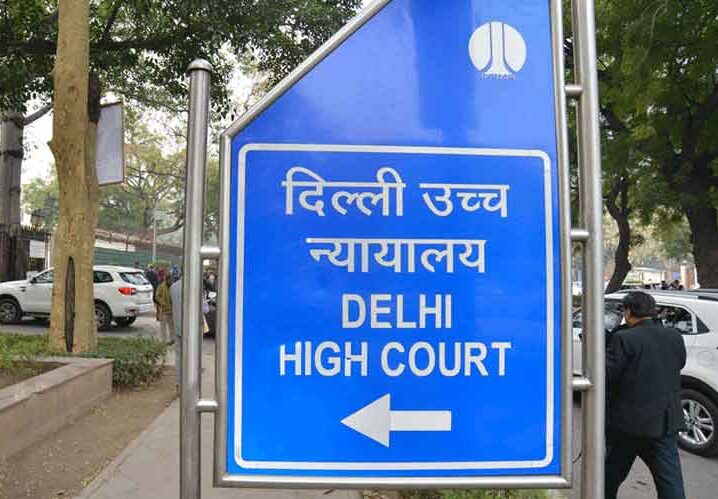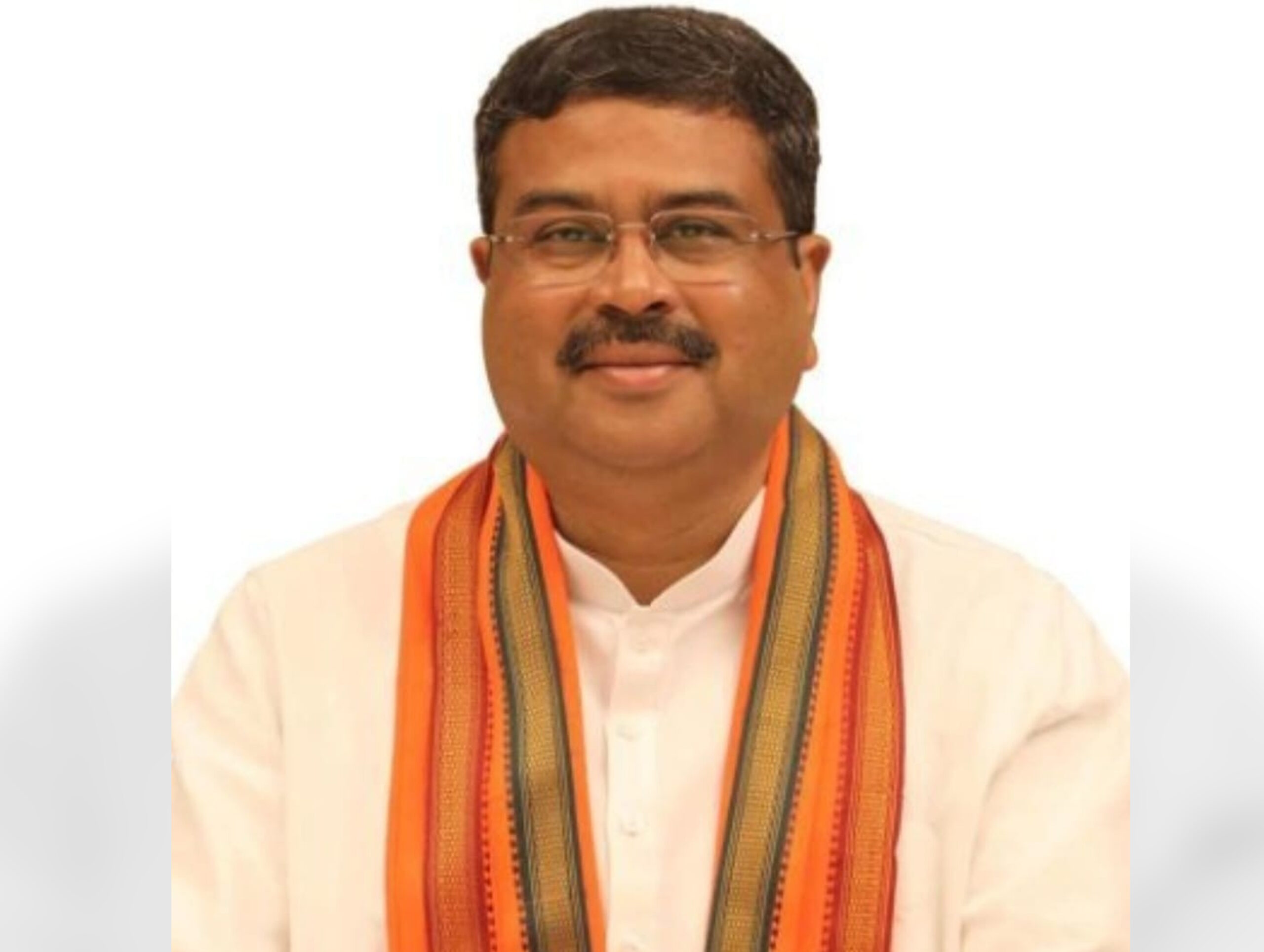North News
New Delhi, January 31
India’s retail inflation decreased to 4.9% in FY25 (April-December) from 5.4% in FY24, bolstered by government measures and monetary policy actions, according to the Economic Survey presented in Parliament today by Finance Minister Nirmala Sitharaman. The decline is attributed to a 0.9 percentage-point drop in core inflation, largely driven by reduced core services and fuel prices.
The Survey highlighted that administrative actions, including strengthened buffer stocks of essential food items and efforts to ease imports, played a significant role in curbing inflation. However, food inflation remained elevated due to price pressures from vegetables and pulses, which contributed 32.3% to overall inflation in FY25. Excluding these items, the average food inflation rate for FY25 (April-December) was 4.3%, a 4.1% reduction from total food inflation.
Extreme weather conditions, such as cyclones and droughts, have disrupted vegetable production and supply chains, leading to higher prices. The Survey noted persistent inflationary pressures in onions, despite government intervention, owing to reduced production in recent years. Tomato prices have also remained volatile due to limited supply and perishability.
To address food price volatility, the Survey recommended focused research to develop climate-resilient crops, improved farming practices, and enhanced monitoring of food prices. The production of tur dal, which has seen high price inflation, was also discussed, with the government actively managing stock limits and imports to stabilize supply.
Despite ongoing challenges, the Reserve Bank of India (RBI) and the International Monetary Fund (IMF) project that India’s inflation will gradually converge to the 4% target by FY26, with the RBI forecasting a 4.2% rate in FY26.
















